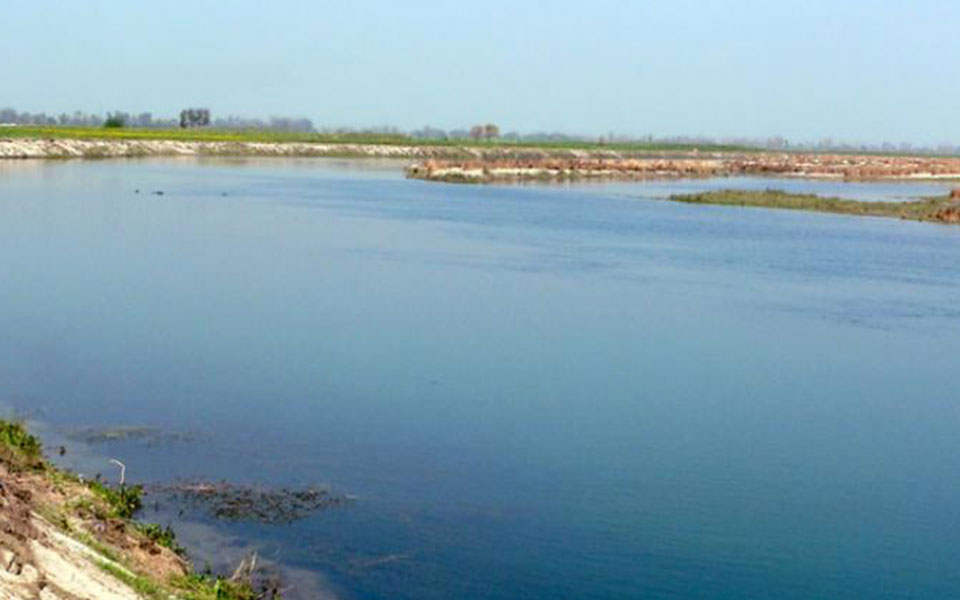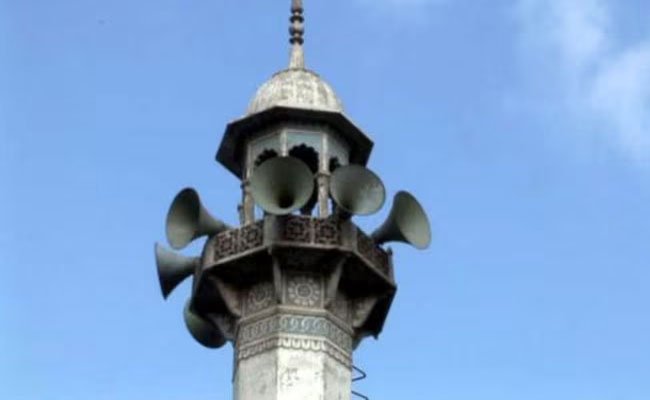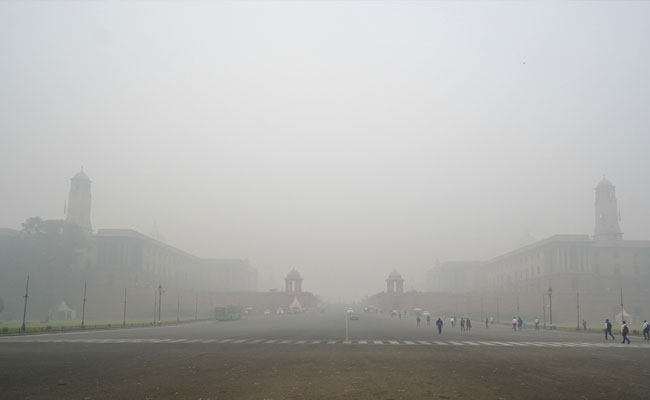New Delhi, May 16: Haryana on Wednesday assured the Supreme Court that it will not disrupt the supply of Yamuna river water to Delhi till Monday, as the court asked the Delhi government to approach the Upper Yamuna River Board (UYRB) for adjudication of water sharing dispute between the two states.
A bench headed by Justice Madan B. Lokur asked the Delhi Jal Board (DJB) to make a request before Haryana on Wednesday itself, on which Haryana would take a decision on the amount of water to be released to Delhi till Monday.
The apex court also pulled up the DJB for approaching the National Green Tribunal (NGT), Delhi High Court, against Haryana on water sharing, as the issue has to be decided by the UYRB, a statutory body.
"You can always go to the Board, it's an expert body set up particularly for this purpose. Why should we do the job if expect body?" the bench said.
The DJB which had approached the court saying it has not been receiving sufficient water from Haryana, withdrew its plea to move before the Board.
The Board would decide the issue on release of water by Harayana "independently", said the court.
The Centre set up the the Board primarily to regulate allocation of available water among six beneficiary basin states and also for monitoring the return flow.
As the DJB repeatedly requested that status quo on supply of water be maintained, the bench said make a request before Haryana as it's been "very reasonable" in its approach on sharing of Yamuna water with Delhi.
The bench was hearing a plea filed by the DJB against a daily shortfall of 120 cusecs of water from the Yamuna.
The DJB had sought instructions to Haryana to supply 450 cusecs of potable water daily to Delhi, as agreed between the two states.
Haryana was supplying only 330 cusecs of water daily to Delhi as against 450 cusec per day, the DJB petition said.
With Delhi facing water shortage, the DJB had moved the Supreme Court for directions to Haryana to release adequate water to the Wazirabad reservoir, alleging that Yamuna water supply had been reduced by one third.
"Delhi is in the midst of an acute water crisis owing to stop in supply of water by Haryana into the Yamuna, which is meant for drinking purposes in Delhi," the DJB plea said.
The DJB's water treatment plants have been functioning below capacities over the past few weeks due to a drop in Yamuna water level and release of polluted water from Haryana that could not be treated, it added.
Yamuna water sharing between Delhi and Haryana has been a contentious issue for decades and the apex court had ordered Haryana to release 450 cusecs of water daily to Delhi in February 1996.
Let the Truth be known. If you read VB and like VB, please be a VB Supporter and Help us deliver the Truth to one and all.
Jamshedpur (PTI): One person was arrested on the charge of raping a 30-year-old woman with speech impairment in Jamshedpur, a police officer said on Tuesday.
The incident occurred in the Azadnagar police station area of the city, and a case in this regard was registered based on the statement of the victim's brother on Monday.
The victim had gone to fetch water from the premises of a company on Monday evening. When she did not return even after a considerable time, family members went out in search of her and caught the accused red-handed, police said.
ALSO READ: BJP accuses Karnataka govt of 'failing' to prevent noise pollution caused by 'azaan'
The accused was a caretaker of the company.
Deputy Superintendent of Police (Patamda) Bachandeo Kujjur said due to scarcity of water in the area, the victim used to fetch water from the premises of the company.





